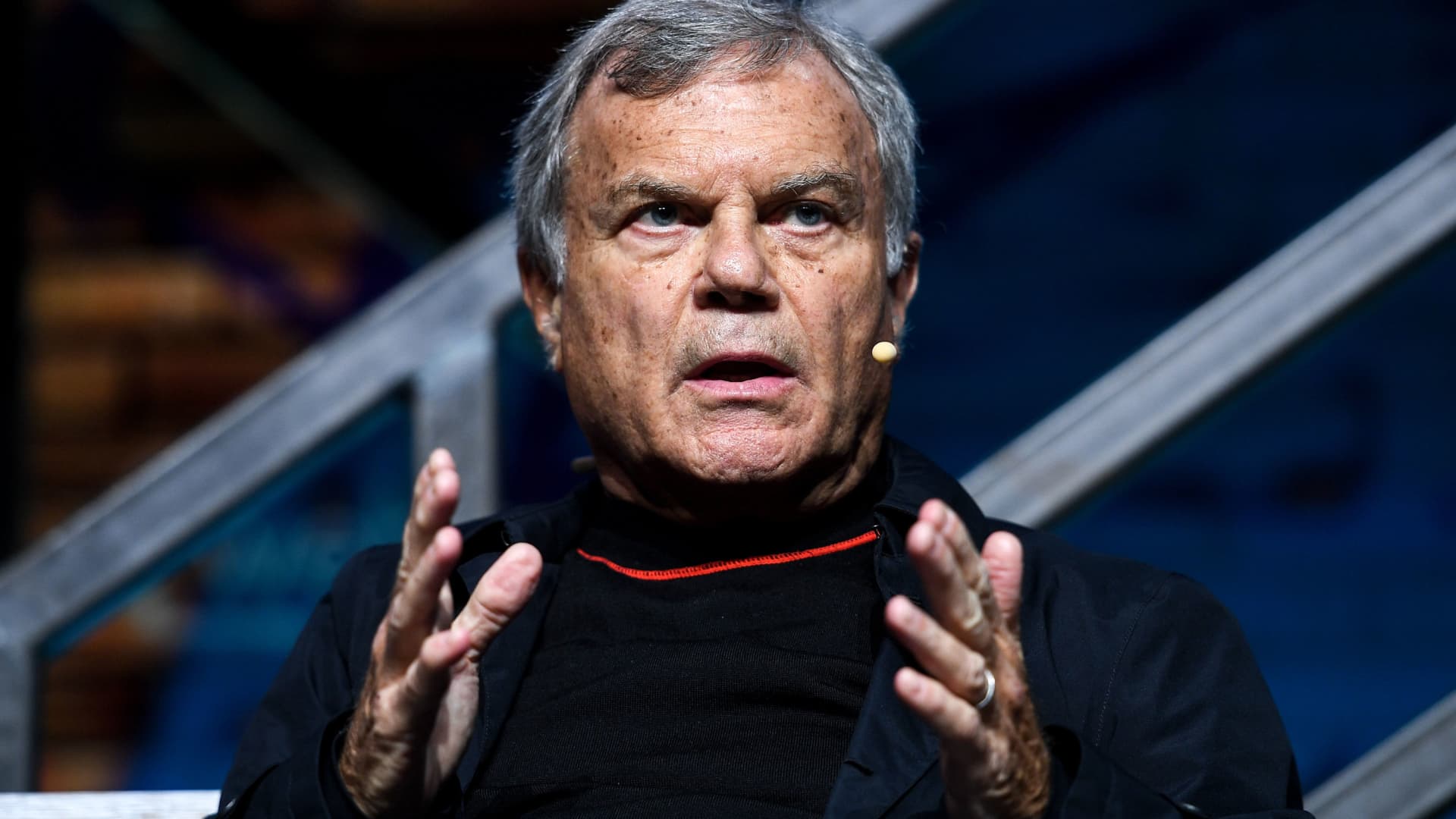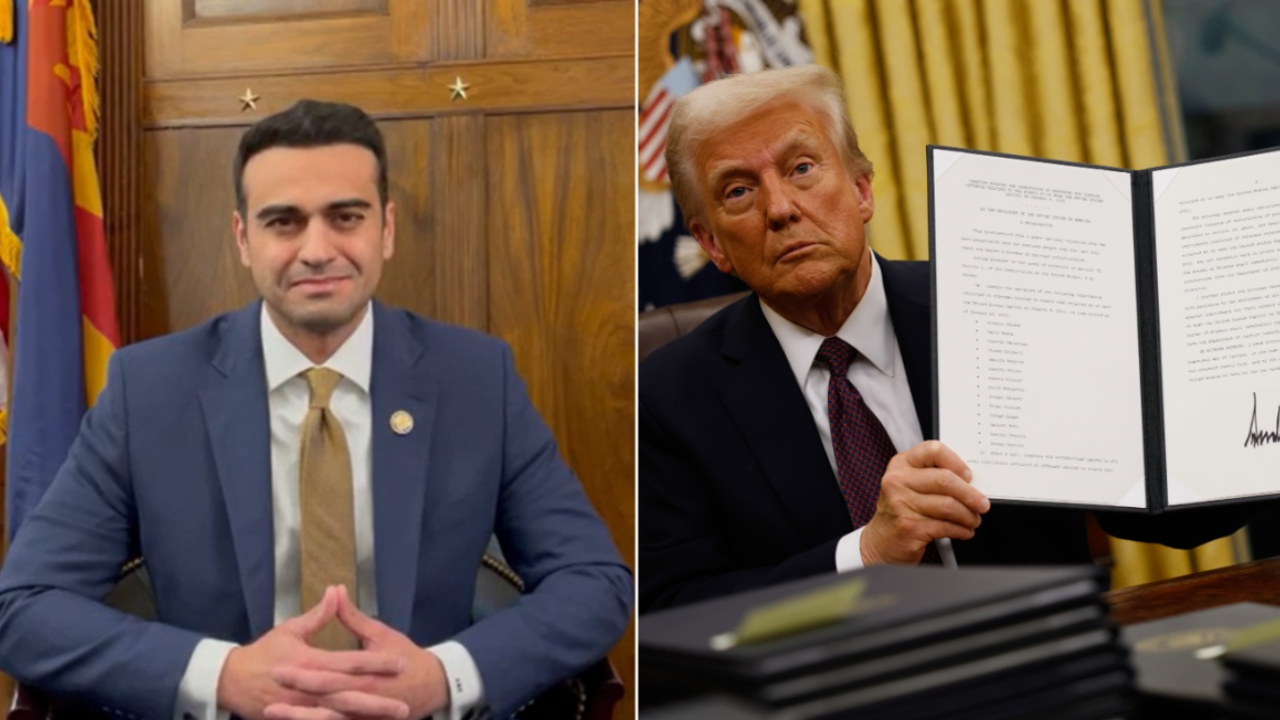Polls suggest American voters continue to blame President Joe Biden and his administration for the surging inflation that, it cannot be argued, is making it harder for Americans to afford the needs of their families.
And pundits across the cable news spectrum tend to concur in their political analysis that, even though there might not be much the federal government can actually do to stem inflation, Biden and the Democrats will nonetheless pay the political price, possibly turning Congress over to Republican majorities in the upcoming November midterm elections.
Of course, turning political control over to the Republicans would represent an unfortunately typical knee-jerk response from the American electorate: “Well, the Democrats don’t seem to be lowering prices, so let’s give these Republicans a shot.”
It would serve Americans, though, to stop and think about what each party might do should they have power, taking even a cursory review of recent history, and also to think about the causes of inflation.
And it’s also worth thinking about which party, regardless of inflation, is willing to enact policy to create economic stability for working families and the economically vulnerable in our abundantly wealthy nation.
So, let’s look at what Republicans have focused on most strenuously in their political advocacy.
Have they wanted to help Americans in need?
Well, after passing the CARES Act while Trump was still in office in 2020—legislation that included huge giveaways to the wealthy for no reason except the desire to transfer the wealth Americans produce to the richest Americans and corporations—they refused to support any other relief packages despite the fact that many American still faced severe economic hardship as the pandemic raged on.
Democrats passed the American Rescue Plan Act in 2021 without a single Republican vote.
While Congress did pass a fairly historic $1.2 trillion infrastructure bill in November 2021, Republicans have refused to offer any support for a second and more substantial human infrastructure bill, the Build Back Better Plan, which would help Americans with childcare, education, and healthcare costs as well as address climate change and create unionized well-paying jobs, among other elements of the bill. In short, it would lower the cost of living for a large number of Americans and help woman and men burdened with the costs childcare actually return to the workplace. Let’s remember that labor shortages are a key contributing factor to inflation.
No, Republicans have had no interest in policy to create economic conditions that support the lives of the majority of Americans and also help build a stronger and more stable economy altogether.
Instead, they have focused on voter suppression, peddling lies about the “stolen election,” and rolling back basic civil and human rights for Americans, especially women.
In short, they have focused on dismantling the system of democracy in America, eroding American’s democratic rights, and creating the conditions of autocracy in America.
They have shown no interest in holding Trump or any politicians accountable for the January 6 insurrection or for Putin’s interference, arguably with Trump’s support, in the 2016 election, seeming instead to support these assaults on our democracy in order to gain political power by any means necessary.
And what does this autocratic imperative driving the Republican agenda have to do with inflation?
Let’s think about it. Putin’s invasion of the Ukraine is a key cause of rising oil and gas prices, of energy costs overall, and thus of the surging prices for all goods and services. Most things we buy, groceries, clothing, etc, have to be transported via boat, plane, or truck, so rising fuel prices make the cost of just about everything rise.
The Ukraine, and Russia for that matter, provide large amounts of grain to the world food supply. The Russian occupation of Odessa, a major Ukrainian port on the Black Sea, has left tens of millions of tons of grain unshipped and on the verge of rotting, with future harvests and shipments threatened as well. This blockage is a major cause of food shortages and swiftly rising food prices.
And the cause? Let’s be clear: A monomaniacal dictator believed he had the right to violently and murderously invade a sovereign nation for his own selfish purposes, displacing millions, destroying lives and infrastructure, and disrupting and threatening the lives and livelihoods of hundreds of millions around the globe.
Imagine you woke up one day to find you had no food or energy, or your home had been bombed, you couldn’t walk safely in the streets you weren’t sure how you would eat or feed your family, or you had to evacuate to another country, leaving your whole life you had built behind.
Such is life with autocratic rule around the globe. One person’s petty and selfish desires can destroy and determine people’s lives.
And this isn’t just a fight for Ukrainians. Putin is happy to disrupt global food and energy supplies, portending mass famines across the globe as he seeks to blackmail global leaders to accede to his demands.
The fight for Ukraine and to open Odessa is the fight for global democracy, and—frankly—it’s the fight against inflation.
Global democracy creates the stable relationships and economic cooperation necessary to support the needs of the global population and generate political stability so we are not subject to the political and economic disruptions—which are deadly, inimical to human life—of one man’s idiosyncratic whims.
And yet we hear how inflation worries may cause Americans to vote for autocracy, for Republican control of Congress (see here and here), which means less rights, less ability to vote and have a say in the political process, and less economic democracy, given Republicans have shown no tendency or desire to pas legislation to serve working-class and middle-class Americans.
During World War II, Americans endured rationing and made sacrifices for both the national and global good—for global democracy.
If we want to end inflation, we have to recognize how this dynamic is bound up in assaults on democracy around the globe and at home.

Tim Libretti is a professor of U.S. literature and culture at a state university in Chicago. A long-time progressive voice, he has published many academic and journalistic articles on culture, class, race, gender, and politics, for which he has received awards from the Working Class Studies Association, the International Labor Communications Association, the National Federation of Press Women, and the Illinois Woman’s Press Association.


























































